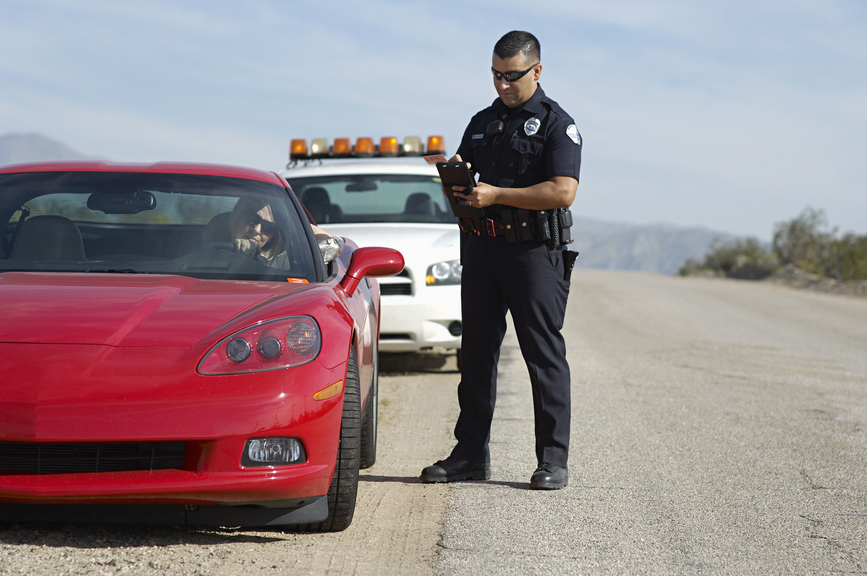Possess an Articulable Suspicion
To possess an articulable suspicion, an officer must have a reason to objectively believe a law has been violated either by the vehicle or an occupant in the vehicle. The general rule is that for a stop to be legal, the operation of the vehicle must appear to be more consistent with illegal activity than with lawful activity. It should be noted, however, that approaching a parked vehicle does not constitute a seizure (at least until the occupant is requested to identify himself or get out of the vehicle), and, therefore, it may be approached without an “articulable suspicion” of illegal activity.

The observance of even a minor violation by a moving vehicle, such as a failure to dim headlights or a cracked windshield, can give an officer an “articulable suspicion” of illegal activity sufficient to justify a stopping of the vehicle. Erratic, though lawful, driving may also form the basis of a valid investigatory stop. While the observance of a vehicle in a general state of disrepair may justify the stopping of the vehicle by a police officer because the officer may reasonably suspect the commission of an equipment violation, an older vehicle with no signs of defective equipment may not be stopped for this reason.
The legality of an investigatory stop is most likely to be questionable in situations where the stop resulted from a tip given to the officer by a third party. It is not uncommon for a passing motorist to stop a police officer from informing the officer that another driver is “all over the road” or “driving funny.” Such information may also be given to a police officer over a citizen’s band radio. The general rule is that a tip given to a police officer must have some indicia of reliability in order to constitute the basis of a stop. In other words, there must be something to show that the tip was not based on the whim of an anonymous caller.
An investigatory stop based solely on an uncorroborated tip from an unidentified informant is usually held to be illegal. Some courts, however, have upheld stops based on such tips. Of course, the chances of the stop being upheld are increased if the police officer can corroborate the tip with the officer’s observations before the stop.
If you or a loved one has been arrested for drunk or impaired driving charges, there may be concern over the legality of the stop and the officer’s articulable suspicion. TeamDUI.com lawyers near me can help determine if this is just one of many aspects that could be challenged in a DUI-DWI case. Call 1-844-TEAM-DUI (1-844-832-6384) day or night to speak to a specialized DUI defense lawyer or have an attorney call you by submitting information about your case.